Dysautonomia
Postural Orthostatic Tachycardia
Expert Care for POTS at Restorative Health Clinic
Restore Balance, Reclaim Energy
POTS is a form of dysautonomia, a disorder of the autonomic nervous system (ANS), which controls functions like heart rate, blood pressure, digestion, and temperature regulation. In individuals with POTS, standing triggers an abnormal increase in heart rate—often by 30+ beats per minute in adults—without a corresponding drop in blood pressure.
POTS can affect individuals of any age or gender, but it is most frequently diagnosed in women between the ages of 15 and 50. This syndrome is often linked with complex conditions like:
-
Mast Cell Activation Syndrome (MCAS)
-
Ehlers-Danlos Syndrome (EDS)
-
Autoimmune Disorders
-
Long COVID
Due to its multifactorial nature, an accurate diagnosis and integrative care plan are essential.
Common Symptoms of POTS
If your cardiac symptoms aren’t getting better within a month or two of contracting covid, consider being tested for POTS
Symptoms can vary widely and often worsen when transitioning from lying down or sitting to standing. Common signs include:
-
Rapid Heart Rate on standing (tachycardia)
-
Dizziness or Lightheadedness, sometimes leading to fainting
-
Chronic Fatigue unrelieved by rest
-
Brain Fog, memory issues, and mental fatigue
-
Shortness of Breath, even with mild exertion
-
Digestive Issues like nausea, bloating, and irregular bowel habits
-
Temperature Dysregulation, excessive sweating, or feeling abnormally cold
If these symptoms disrupt your daily functioning, professional evaluation is strongly recommended.
Start Your Healing Journey Today
If you’re living with POTS or suspect you may be, don’t wait. At Restorative Health Clinic, we’re here to help you find clarity, calm your nervous system, and regain control of your health.
Schedule your consultation with our Portland, OR clinic today and take the first step toward lasting relief.
We can help provide answers as to why you aren’t getting better.
Understanding what drives your symptoms is critical to effective treatment.
Contributing factors may include:
-
Chronic Infections
-
Lyme disease, Epstein-Barr virus (EBV), COVID-19, and other viral or bacterial triggers
-
-
Autoimmune Dysregulation
-
Autoimmune conditions that impair nerve function or increase inflammation
-
-
Mast Cell Activation Syndrome (MCAS)
-
Excess histamine and inflammatory mediators worsen autonomic instability
-
-
Connective Tissue Disorders
-
Conditions like EDS affect vascular tone and blood flow regulation
-
-
Environmental & Nutritional Stressors
-
Dehydration, toxin exposure, and nutrient deficiencies
-
Comprehensive POTS Treatment in Portland,Oregon
Restorative Health Clinic offers a multidisciplinary approach, blending conventional diagnostics with integrative therapies to support long-term healing.
1. Advanced Diagnostic Testing
To create a targeted treatment plan, we assess each patient’s unique physiology using:
- Tilt Table Testing for orthostatic heart rate and blood pressure changes
- Autonomic Function Testing to evaluate ANS response
- Comprehensive Lab Panels assessing inflammation, hormones, infections, and nutrient status
2. Hydration & Circulation Optimization
Improving blood volume and vascular tone is fundamental:
- IV Therapy for rapid hydration and electrolyte replenishment
- Oral Hydration Plans customized to increase daily intake and balance sodium/potassium
3. Medication & Supplementation Support
We tailor treatments to manage symptoms and promote autonomic balance with some of the below:
- Beta Blockers and Phosphines to reduce tachycardia
- Mineralocorticoids/ Alpha Blockers for volume expansion and BP stabilization
- Targeted Supplements, including salts, B vitamins, magnesium, adaptogens, and mitochondrial support and many more
4. Exercise and Physical Rehabilitation
Building strength and circulation tolerance gradually:
- Recumbent Cardio options like rowing and cycling
- Resistance Training to support venous return and improve stamina
5. Addressing Coexisting Conditions
A key to long-term success is treating associated syndromes:
- MCAS Management: Mast cell stabilizers and low-histamine nutrition plans
- Infection Protocols: Comprehensive treatment for Lyme, EBV, and other stealth pathogens
- Connective Tissue Support: Care plans tailored for EDS and related disorders
Get a treatment plan that’s put together specifically for you
